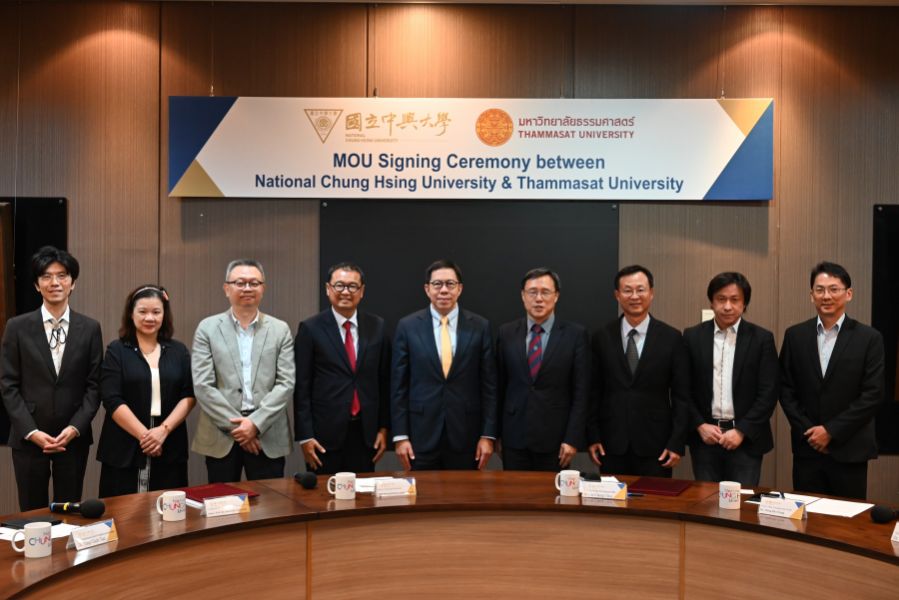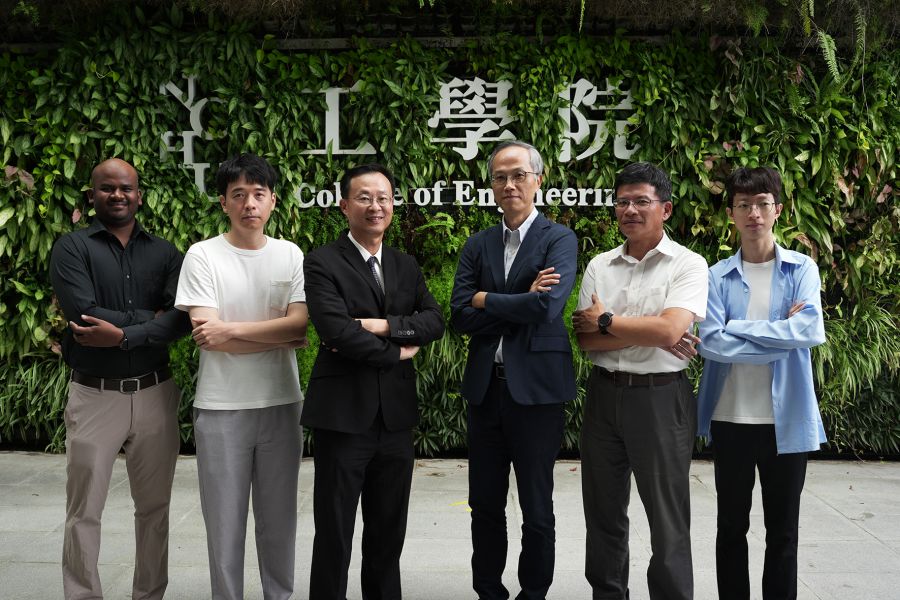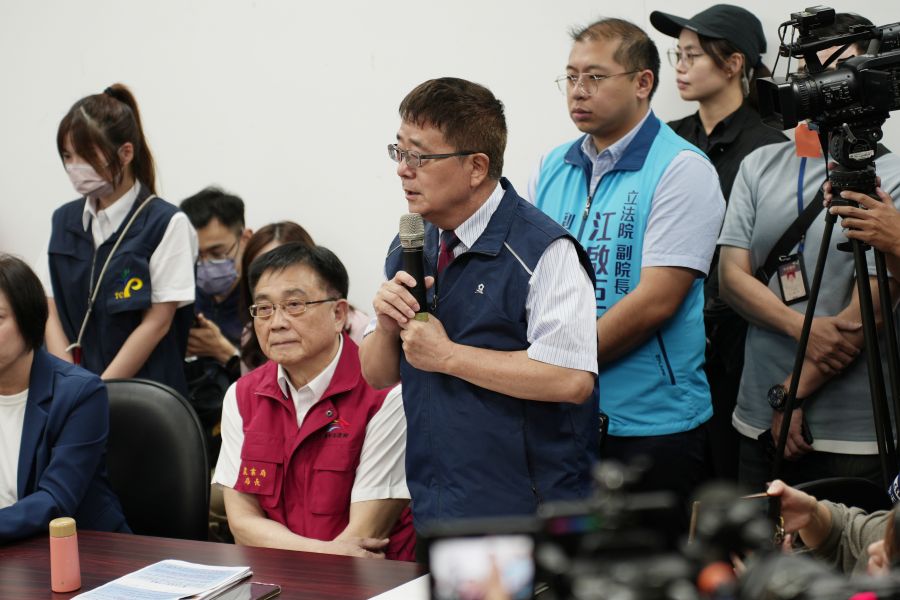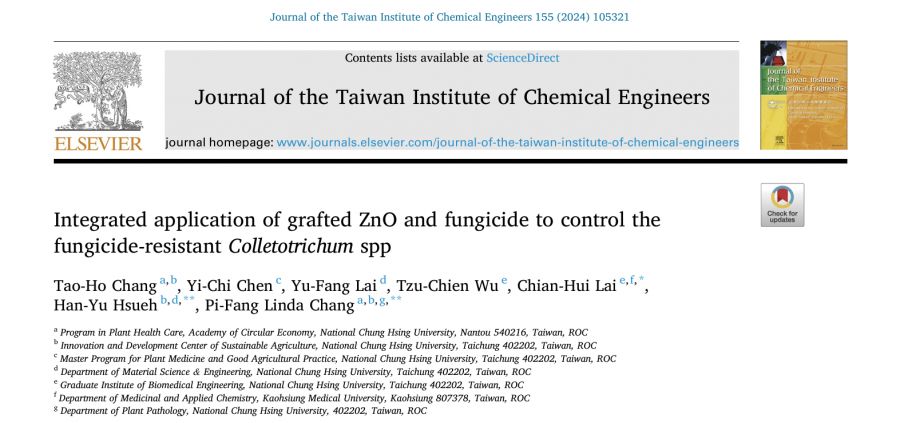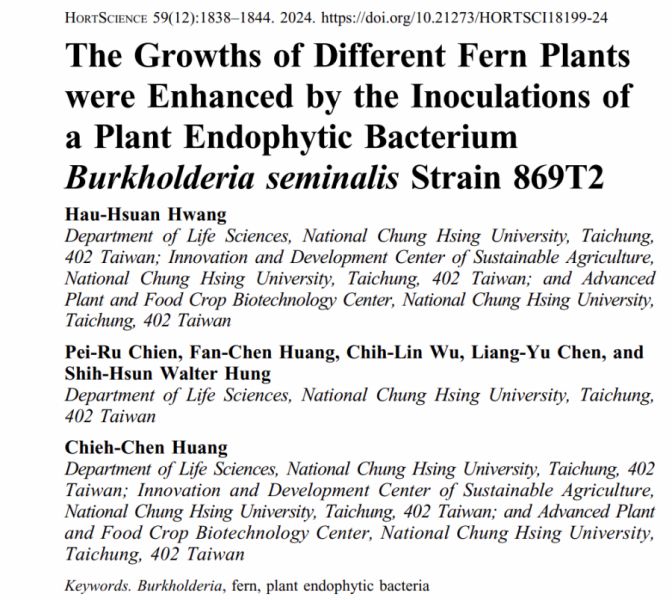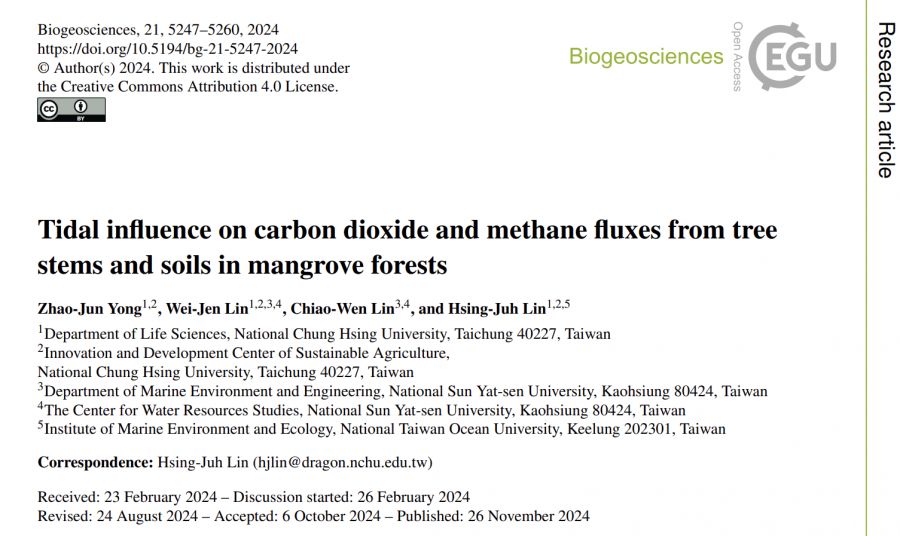循環農業:農業廢棄物高價值化【環境工程學系/林坤儀特聘教授】
| 論文篇名 | 英文:A comparative study on microwave-assisted catalytic transfer hydrogenation of levulinic acid to γ-valerolactone using Ru/C, Pt/C, and Pd/C 中文:釕/碳、鉑/碳和鈀/碳微波輔助催化乙酰丙酸催化轉移氫化為γ-戊內酯的比較研究 |
| 期刊名稱 | CHEMICAL ENGINEERING COMMUNICATIONS |
| 發表年份,卷數,起迄頁數 | 2020, in press |
| 作者 | Hsiao, Chia-Yu; Chiu, Hsing-Yi; Lin, Tien-Yu; Lin, Kun-Yi Andrew(林坤儀)* |
| DOI | 10.1080/00986445.2020.1791833 |
| 中文摘要 | 使用常規加熱(CH)通過催化轉移氫化(CTH)將乙酰丙酸(LA)轉化為γ-戊內酯(GVL)需要較長的反應時間,且產率較低。 微波加熱似乎可以解決這些問題,因為微波可以加快反應速度並提高產量。 在這項研究中,比較了三種典型的催化劑Ru / C,Pt / C和Pd / C,使用MW加熱進行LA轉化。 與CH工藝相比,MW輔助工藝以Ru / C和Pt / C更高的產率顯著提高了LA向GVL的轉化。 儘管高溫和仲醇有利於這些催化劑的LA轉化,但Ru / C似乎是最有效的催化劑,因為它可以在160°C達到100%的LA轉化率,99%的GVL選擇性和99%的GVL收率。 C。 這項研究的結果證實,MW是提高LA轉化率的有前途的過程,Ru / C顯示出最高的催化活性,其次是Pt / C和Pd / C。 |
| 英文摘要 | Conversion of levulinic acid (LA) to γ-valerolactone (GVL) via catalytic transfer hydrogenation (CTH) using conventional heating (CH) involves long reaction times, and low yields. Microwave (MW) heating seems a solution to address these issues as MW accelerates reactions and enhances yields. In this study, three typical catalysts, Ru/C, Pt/C and Pd/C, are compared for LA conversion using MW heating. In comparison to CH processes, MW-assisted processes significantly enhance LA conversion to GVL with higher yields by Ru/C and Pt/C. While elevated temperatures and secondary alcohols are favorable for LA conversion by these catalysts, Ru/C appears as the most effective catalyst as it can reach LA conversion as 100%, selectivity of GVL as 99% and yield of GVL as 99% at 160 °C. The results of this study confirm that MW was a promising process for enhancing LA conversion and Ru/C shows the highest catalytic activity, followed by Pt/C and Pd/C. |


